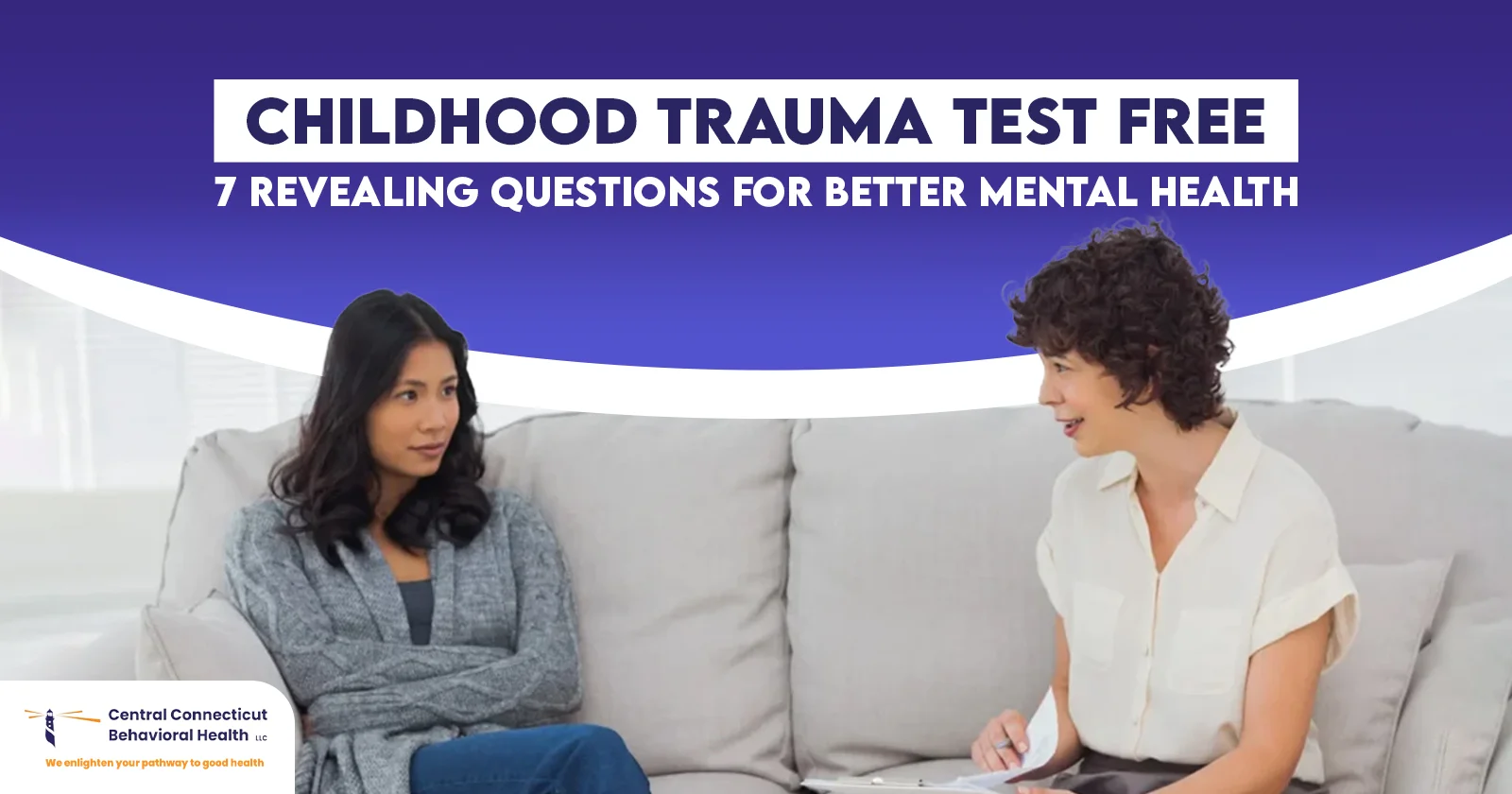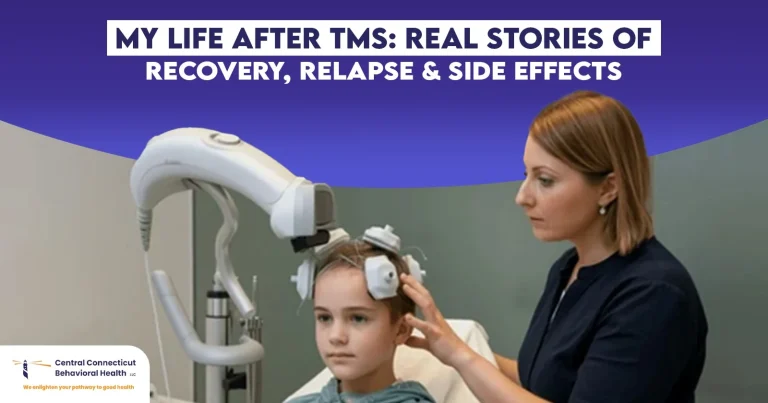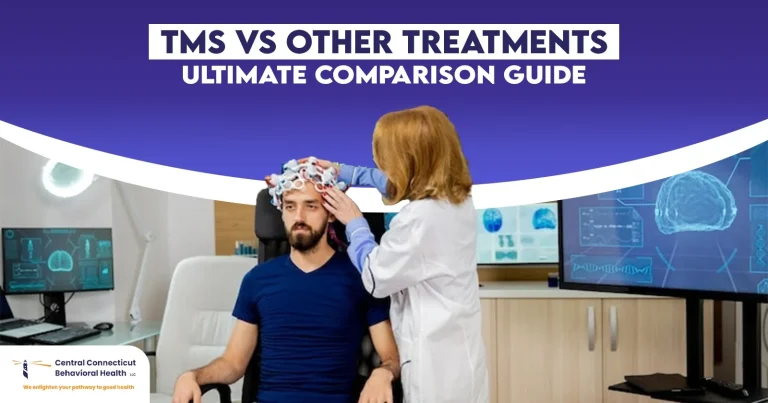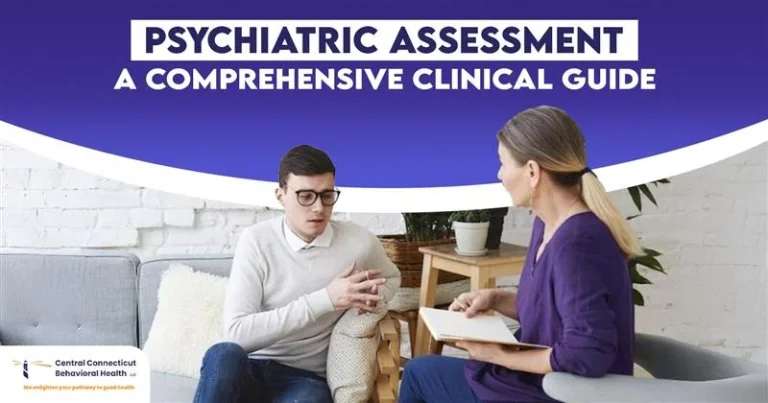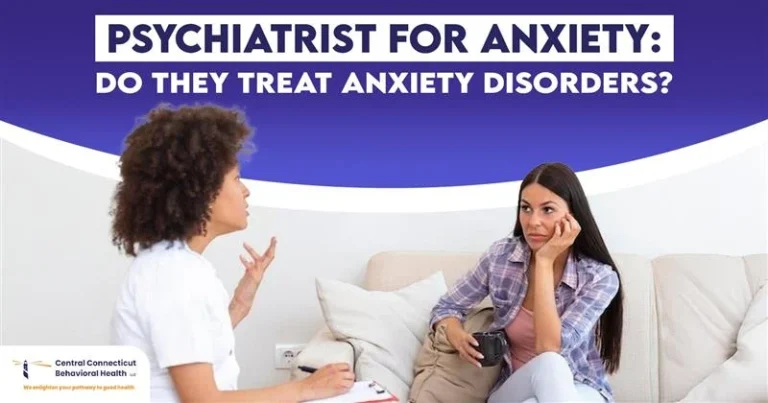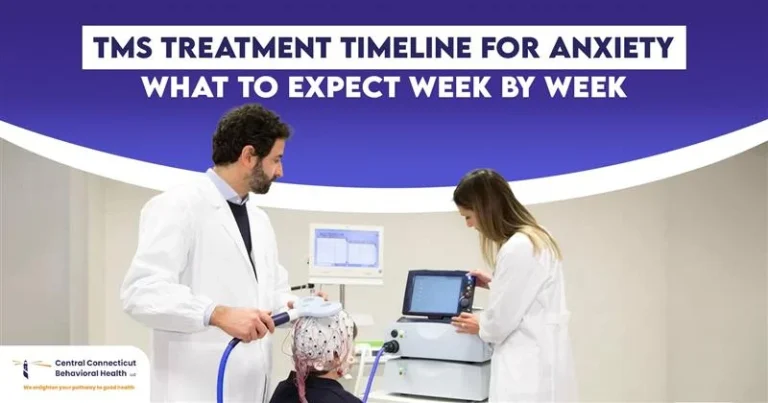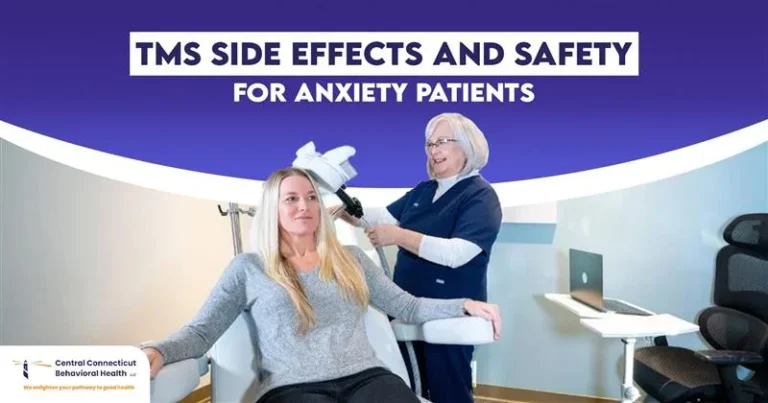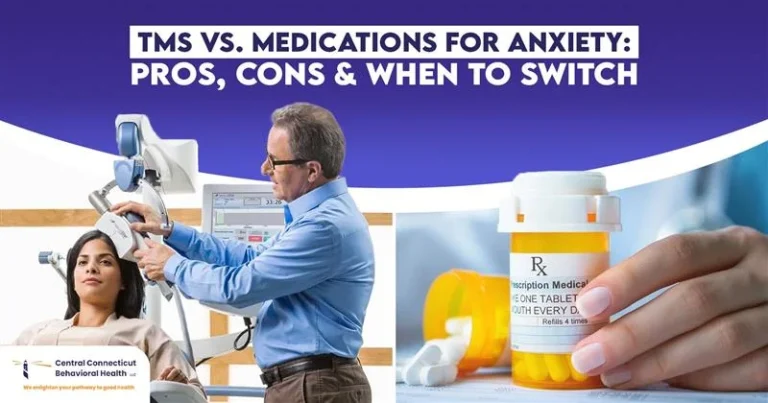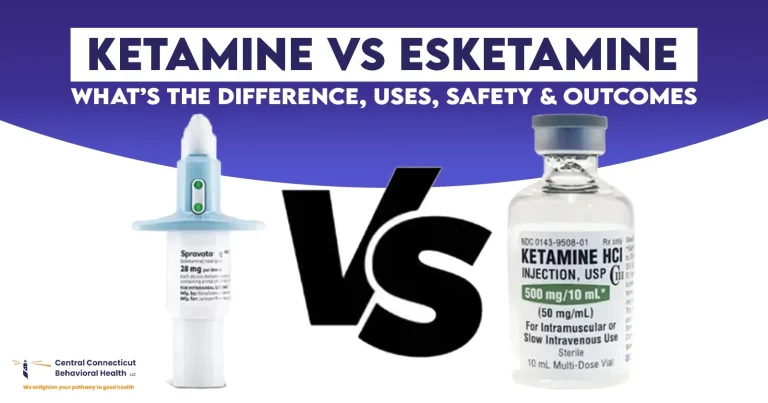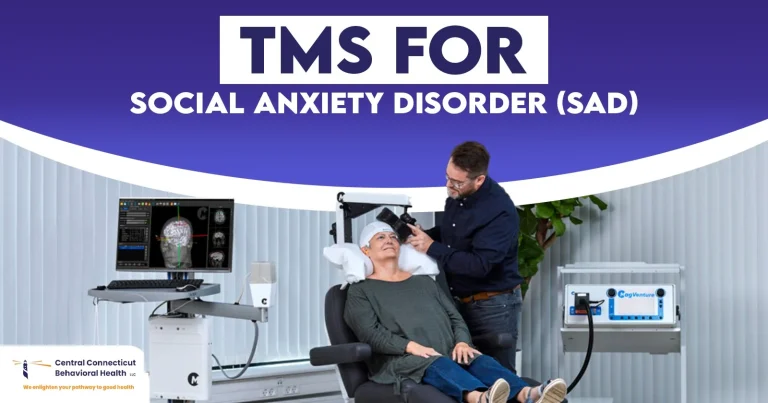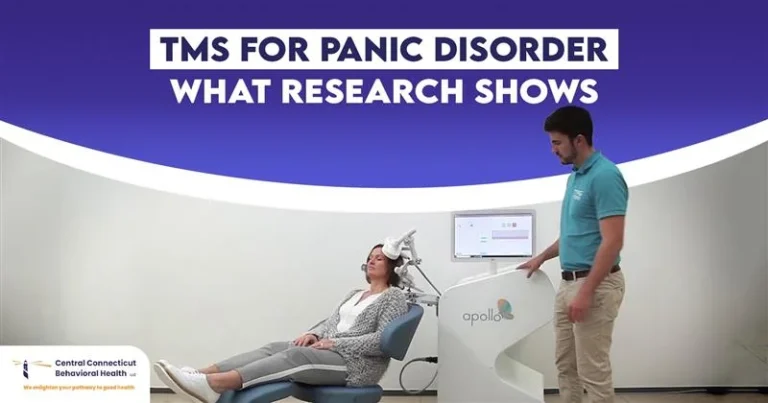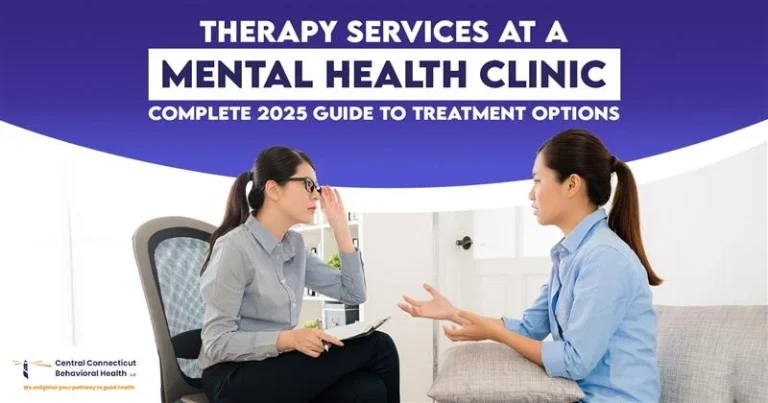Childhood moulds the way we see the world. For most of people, early years were safe and full of love. For others, childhood is painful, full of worry and neglect. These painful events are called childhood trauma.
Trauma during early life leaves marks linked to adulthood. You might feel anxious, sad, or struggle with relationships without knowing why. Taking a childhood trauma test free can help you notice how the past still affects your present.
This blog will explain what a childhood trauma test is, the way it works, and why it matters. We will also share seven revealing questions that often appear in such tests, plus tips for healing and recovery.
What Is a Childhood Trauma Test?
A childhood trauma test is a set of questions that help you reflect on your past. It looks at events before age 18 that may still affect your emotions, health, or behavior.
Types of tests available:
- The ACEs quiz (Adverse Childhood Experiences) , short and simple.
- A childhood trauma assessment is more detailed.
- A childhood trauma quiz free online focuses on common symptoms.
These tools do not formulate diagnosis. Instead, it highlights waves, patterns and help me decide about professional support.
Why Understanding Childhood Trauma Matters
Trauma is not only a memory you can easily forget. It alters the brain and body work. Even years later, you may feel the effects.
Adults with childhood trauma may face:
- Panic attacks and anxiety.
- Depression and mood swings.
- Trouble trusting others.
- Low self-esteem, confidence.
- Medical problems like headaches and stomach pain.
Taking a childhood trauma test free is the first step in connecting your challenges to deeper roots.
The ACEs Quiz
The ACEs quiz is one of the most common childhood trauma tests. It asks 10 questions about experiences such as:
- Abuse/ Assault (can be physical, emotional, or sexual)
- Overlook (lack of food, care, and emotional support)
- Family hardships (addiction, violence, divorce, or jail time)
A higher score means higher chance of medical and mental health problems later in life. But high score is not a life sentence. Healing is possible with right support and care.
7 Revealing Questions in a Childhood Trauma Test
Here are seven examples of questions you may see in a childhood trauma test free. They show the kind of areas most assessments explore:
- Are you unsafe in your home as a child?
- Were your feelings or needs overlooked?
- Have you ever experience hitting, harsh punishment, or abuse?
- Have you lost a parent ( separation, divorce, or death)?
- Did you ever felt unloved or worthless?
- Did anyone in your home struggle with addiction or mental illness?
- Have you witness violence in family or community?
These questions are harsh , but they explain waves of your current life.
Signs of Childhood Trauma in Adults
Many people do not realize their current challenges are linked to past trauma. Some signs include:
- Trouble trusting people
- Fear of being abandoned
- Strong mood swings
- Poor sleep , nightmares
- Harming practices, like substance abuse
- Unending feelings of shame and guilt
If you notice such patterns, a childhood trauma assessment will give you clarity.
Free Trauma Assessment Online
Online tools are easy to use. A free trauma assessment online usually:
- Takes only 10 minutes
- Gives a score or short summary
- Suggests whether you should seek a professional
These tools help in self-assessments, but can not be a substitute for therapy.
How Childhood Trauma Affects Mental Health
Unresolved trauma often reflects in mental health issues, such as:
-
Anxiety– feel unsecure, tense and feared even when safe.
-
Depression– low energy, sadness, or hopeless.
-
PTSD– flashbacks or worry triggered past events.
-
Relationship issues– feeling unsecure with others.
That’s why a childhood PTSD test online can be a good step. It helps you to check if deeper support is needed.
Trauma and Physical Health
Childhood trauma does not just affect emotions. It can harm physical health too. Adults with trauma often deal with:
- Ongoing digestive issues.
- Headaches or migraines
- Chronic pain
- High blood pressure or cardiac problems
- Weak immunity
Healing matters for the whole body, not only the mind.
Healing After Childhood Trauma
Healing is possible. Taking a childhood trauma test free is just the first step. Recovery often includes:
-
Therapy– session with trauma-informed therapist.
-
Peer groups– Sharing with supportive people.
-
Healthy habits– Exercise, confidence, and self reflection.
-
Safe relationships– Building trust with supportive people
A therapist-recommended childhood trauma test may be used as guide to right treatment.
What to Do After Taking a Childhood Trauma Test
If the tests indicates that you have unresolved trauma, here are steps you can take:
- Agree to results – Do not put blame on yourself.
- Reach for help – A therapist will guide.
- Build coping skills – Breathing exercises, yoga , and relaxation.
- Make a healing plan – Combine therapy, healthy routines, and support networks.
- Stay patient – Healing takes time , stay calm.
Trauma-Informed Healing
Trauma-informed healing focus on safety . It turns the question from “What’s wrong with me?”
Therapists licensed usually avoid re-triggering pain. Instead, they construct trust, help, feeling of being safe, and support long-term recovery.
Conclusion
Taking a childhood trauma test is a brave and powerful initial step. It helps you in understanding how past is shaping your present. These tests will not tell the whole story, but will open the door to healing.
Trauma will clarify your difficulties, but the future is not defined by it. With right therapy, peer support, and self-care, you will step ahead and build a healthier, happier life.
FAQs: Childhood Trauma Test Free
-
Is a childhood trauma test free reliable?
Yes, it can show patterns. But it does not replace professional diagnosis.
-
Is there any childhood trauma affect on adults?
Yes. trauma is linked to anxiety, depression, PTSD, and physical illness.
-
What is the ACEs quiz?
It is a simple 10-question test that scales adverse childhood experiences.
-
What to do if my score are high?
Book an appointment with a licensed therapist or advisor for guidance.
-
Can I take a childhood PTSD test online?
Yes, but for a diagnosis do consult a therapist.
-
Can I retake the test?
Not usually. Once is enough. Focus on therapy and healing.
-
I am scared . What should I do?
Do not worry share with trusted friend, join a support group, or book a free consultation with a doctor.


